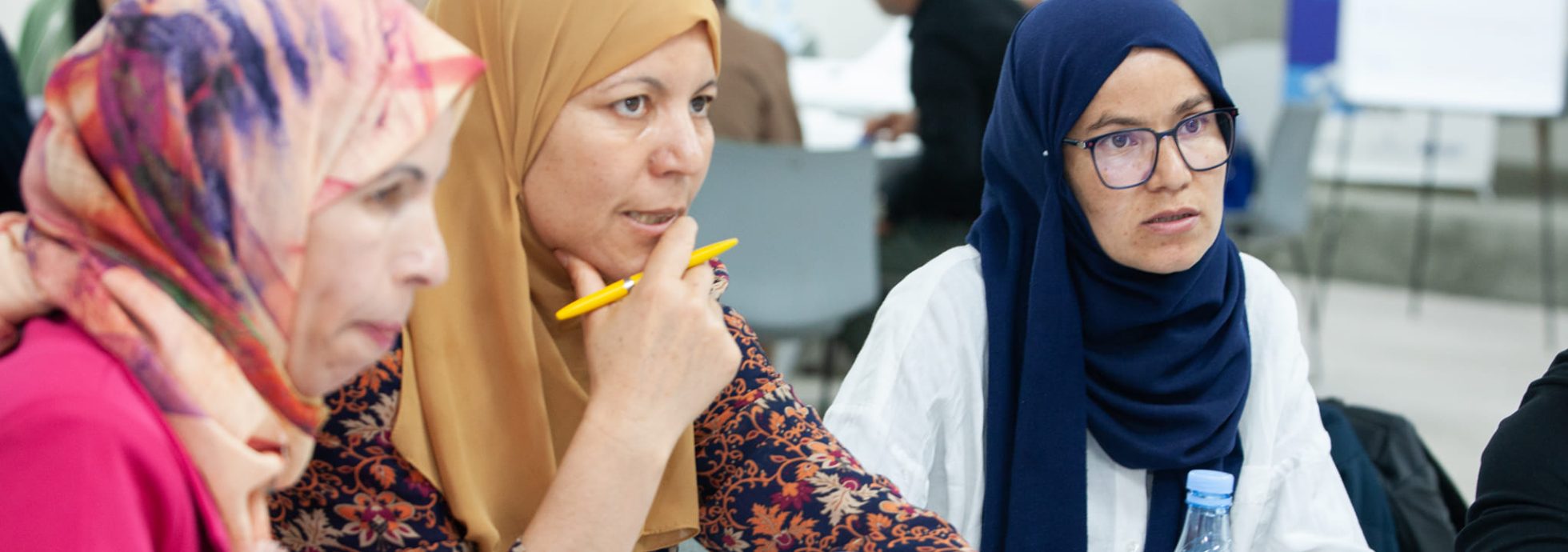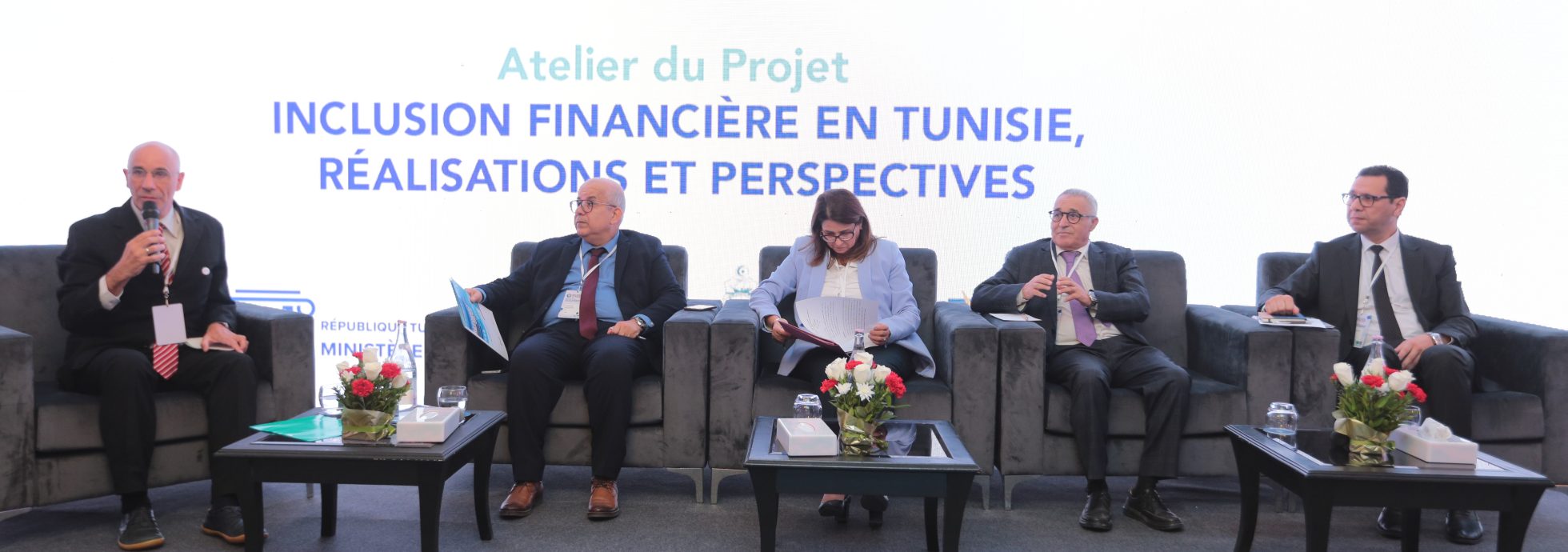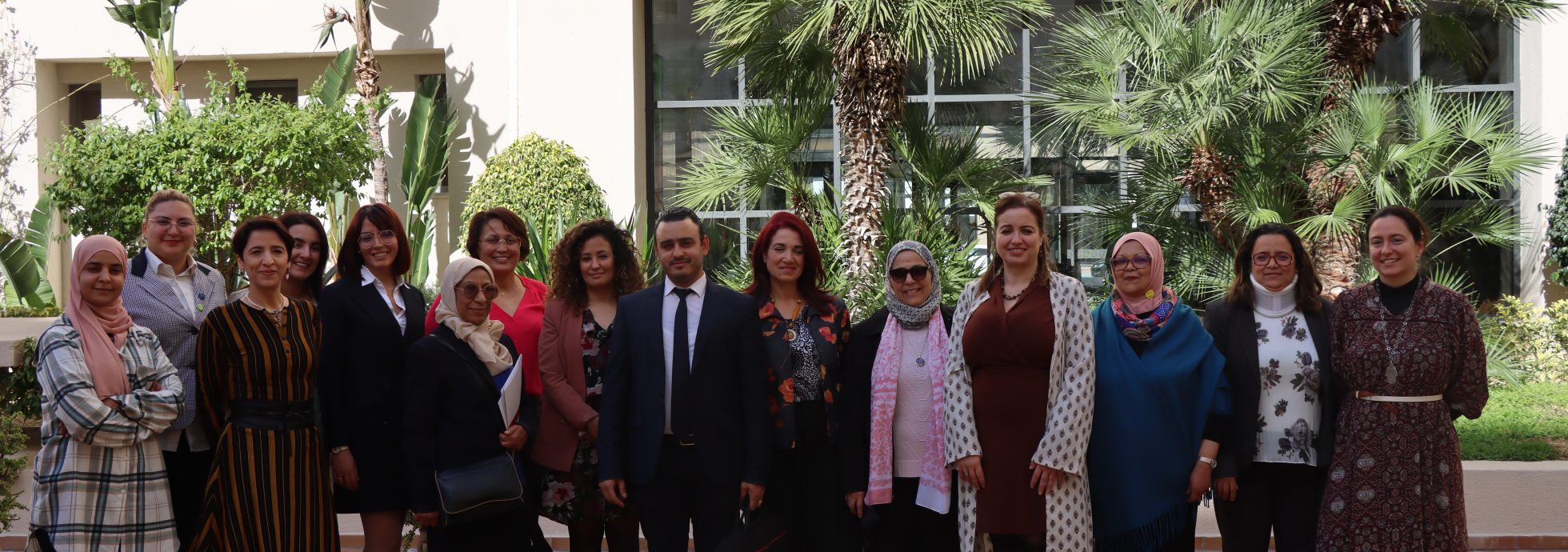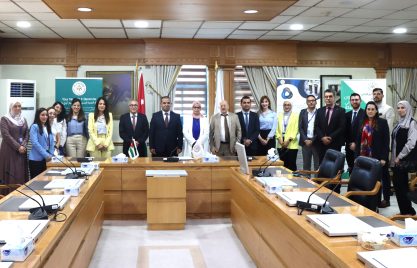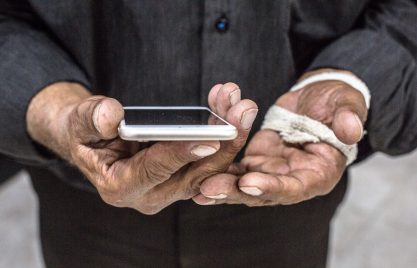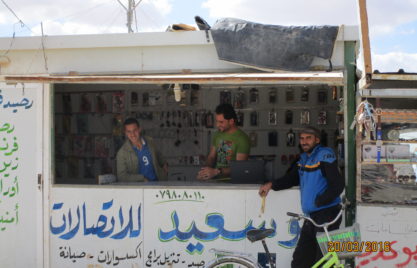Only a very limited number of people and businesses in Jordan are financially included as it is the case in the majority countries in the Middle East and North Africa. Only 25% of the population above 15 years has a bank or mobile account. The microfinance sector in Jordan covers only a relatively small number of MFIs. Yet, it has grown notably over the last years with an annual growth of 23% from 2011 to 2014. Most of the MFIs are organised in the Jordan Microfinance Network Tanmeyah.
The European Union (EU) supports the Government of Jordan in “Promoting financial inclusion through improved governance and outreach of Microfinance in Jordan”. The EU Action foresees budget support and complementary support covering financial and technical assistance for the sector stakeholders in Jordan.
The MFMR programme in Jordan carries out the technical assistance. It has a mandate from 2015 to 2018 with funding by the EU and the German Federal Ministry for Economic Cooperation and Development. It supports the building of institutional and organizational capacities of the Central Bank of Jordan, the Ministry of Planning and International Cooperation and the Development and Employment Fund. The programme provides the authorities with technical assistance to support:
- International knowledge and experience exchange
- The Microfinance Steering Committee chaired by the Ministry of Planning and International Cooperation (MoPIC) in revising the national microfinance strategy;
- The CBJ in developing and implementing the NFIS; in strengthening the regulation and supervision of microfinance to safeguard financial stability and consumer protection.
- The reform of the Development and Employment Fund (DEF) in strengthening the financial infrastructure for MFIs.
-
The Development and Employment Fund (DEF) was established in 1989 as a specialized governmental development entity endowed with financial and administrative autonomy. It is considered as one of the key players in the microfinance sector in Jordan with significant outreach across the Kingdom. Hence, DEF has a crucial role for the MFMR programme in strengthening the financial infrastructure, especially in remote areas.
The fund aims at reducing poverty and unemployment levels within poverty pockets and rural areas through allowing competitive Islamic loans. As a result, individuals and group entrepreneurs within the sector of micro, small and medium enterprises (MSME) can start their own projects, create job opportunities within their communities, and eventually achieve acceptable levels of life quality.
Further information: Homepage (Arabic) Sites of the Jordanian Government
-
The vision of the Central Bank of Jordan (CBJ) is to be one of the most capable central banks regionally and internationally in maintaining monetary stability and ensuring the soundness of the financial system, thereby contributing to sustained economic growth in the Kingdom. Furthermore, the Central Bank of Jordan strives to ensure the safety and soundness of the banking system and other financial markets such as Microfinance and the resilience of the national payments system.
The CBJ is leading the Financial Inclusion strategy process in Jordan and is responsible for a sound Microfinance regulation and supervision.
Further information: Homepage
-
The Ministry of Planning and International Cooperation (MoPIC) coordinates assistance on local and national levels through an integrated framework of cooperation with government institutions and civil society organizations to improve economic policies and governance.
For the MFMR programme, MoPIC plays an important role in coordinating national microfinance stakeholders and international donors.
The MoPICs work is guided by the following national and institutional objectives:
- Good governance for central and local government bodies to be financially stable, transparent, and accountable
- A safe and appropriate environment for living and working in Jordan
- A competitive national economy
- Strong local development efforts
Further information: Homepage

